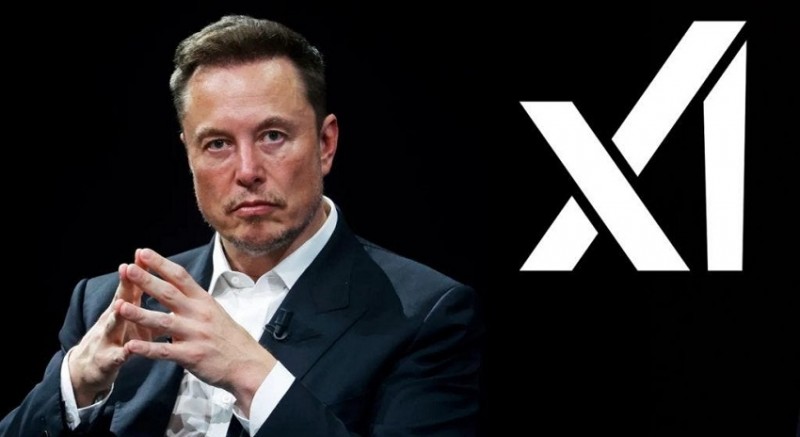
Elon Musk, the owner of Starlink, has expressed his commitment to providing services to the people of India. In a recent post on X, Musk stated that Starlink “will do its best to serve the people of India.”
This announcement follows a post by an international citizen journalist known as DogeDesigner, who is believed to be close to Musk. The post came after the Indian government announced it would allocate spectrum for satellite broadband services administratively, rather than through auctions. “This is good news for Starlink, especially after Elon Musk criticized the auction route being sought by billionaire Mukesh Ambani,” DogeDesigner wrote on X.
India’s communications minister, Jyotiraditya Scindia, on Tuesday confirmed that spectrum for satellite services would be allocated without an auction, but the cost will be determined by the telecom regulator. This statement coincided with Musk’s plans to enter the Indian market with Starlink, setting the stage for competition against leading telecom companies, including Reliance Jio and Bharti Airtel.
Both Bharti Enterprises chairman Sunil Mittal and Ambani have advocated for equal treatment of telecom and satellite communication (satcom) services. Bharti-backed Eutelsat OneWeb is also preparing to launch satcom services in India.
Earlier, Jio had requested the auctioning of satellite spectrum and the reissuance of a recent consultation paper from the Telecom Regulatory Authority of India (TRAI) to create a level playing field for both satcom and terrestrial networks.
However, the government seems to support Musk, who previously remarked that the calls for auctioning satcom spectrum by Jio and Bharti Airtel would be "unprecedented," as this spectrum has long been designated for satellites by the International Telecommunication Union (ITU).
Starlink operates a low-earth orbit (LEO) satellite constellation and already provides broadband services in several countries. The company is equipped to deliver satellite broadband services to smartphones globally. It is also poised to receive a GMPCS (global mobile personal communications by satellite services) permit from the Indian government for launching its services in India.
During the India Mobile Congress 2024, Scindia reiterated that the Telecommunications Act, 2023, mandates administrative allocation of satcom spectrum. He clarified that this does not imply there will be no cost involved, as the pricing will be established by TRAI.
Scindia expressed confidence in TRAI's ability to determine fair pricing, stating that administrative spectrum allocation is standard practice worldwide. However, Jio has criticized the TRAI consultation process, claiming it fails to address the need for equal treatment between telcos and satcom companies.
A senior Jio executive warned of a potential “legal challenge” if satellite communications spectrum is allocated without considering fairness with telecom companies. The official emphasized that both satcom and terrestrial networks will provide similar services in the future and should therefore be regulated similarly.
Mittal of Bharti also joined the call for equal treatment between telecom and satcom services, highlighting the imminent launch of Eutelsat OneWeb's satcom services in India.
These developments follow Starlink's recent approval from the US Federal Communications Commission (FCC) to offer emergency satellite connectivity in areas of North Carolina affected by Hurricane Helene. Starlink's direct-to-cell technology allows seamless access to text, voice, and data on 4G phones, demonstrating its capacity to deliver broadband services globally.